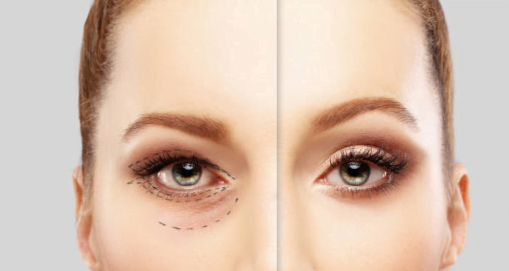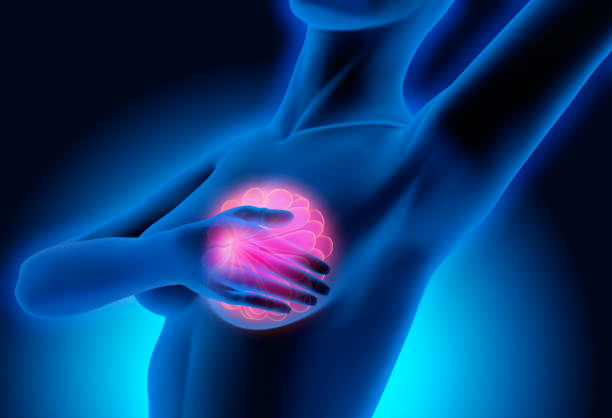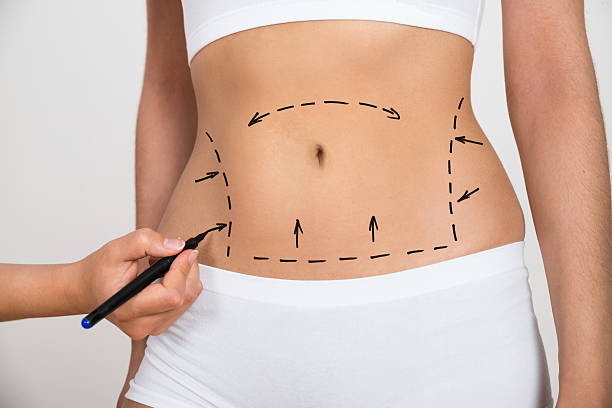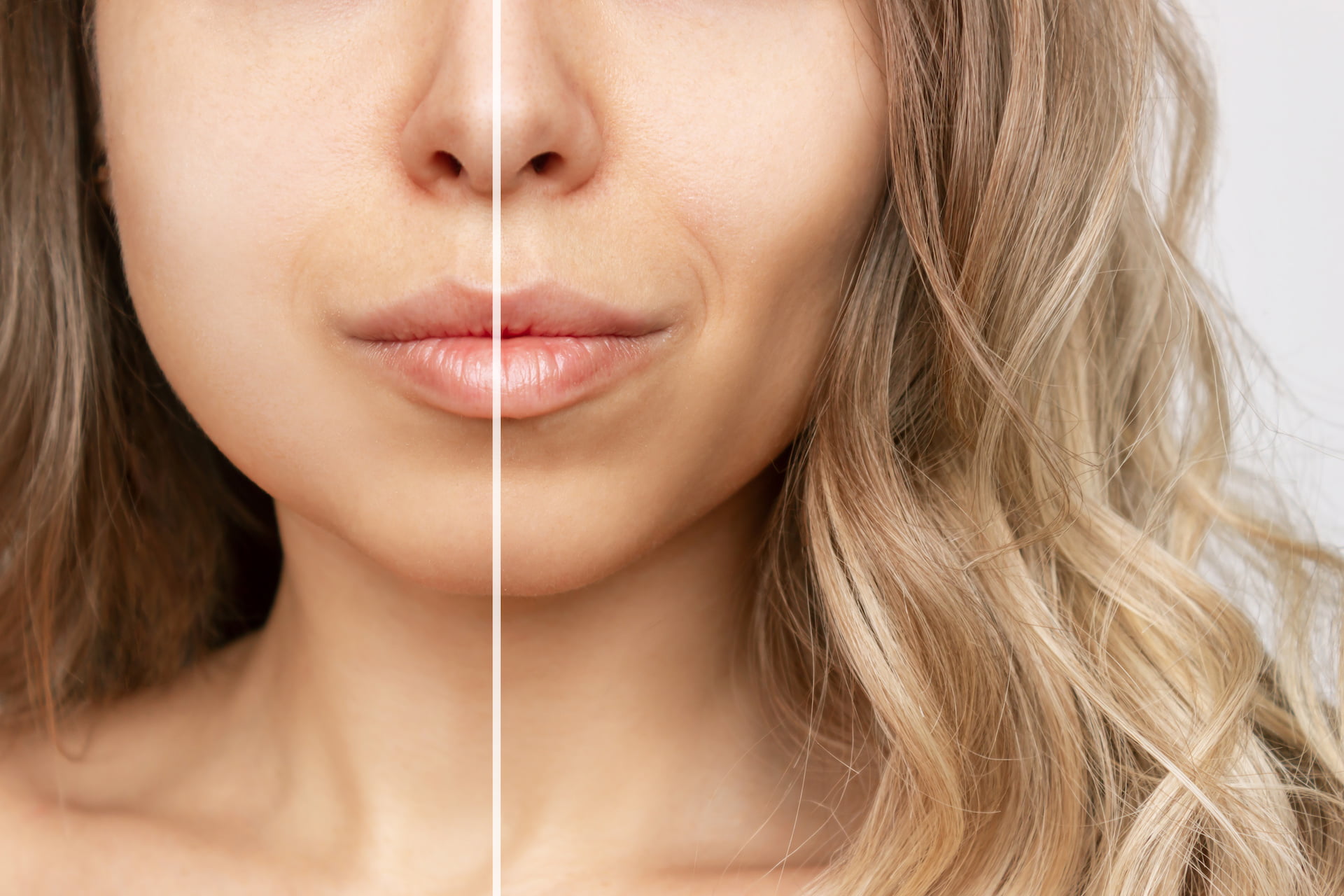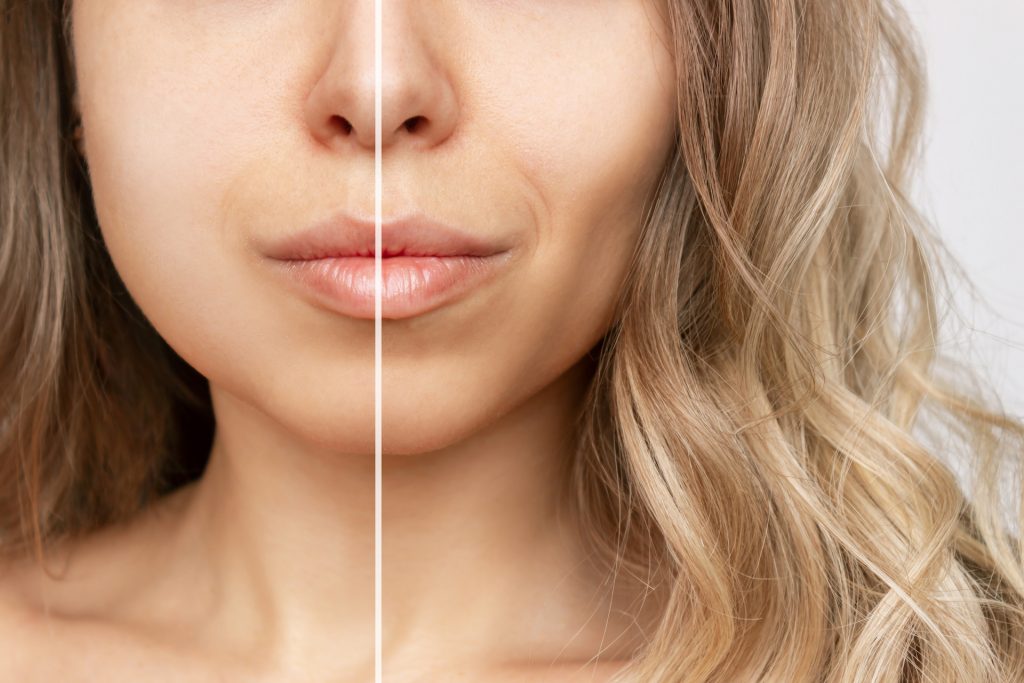
What’s the Difference between Psychiatry and Therapy?

Your mental health is a critical aspect of your overall well-being. It impacts every aspect of your life. Therefore, good mental health should be a priority. There are several indicators that your mental health may be suffering:
- Changes in eating habits
- Reduced energy levels
- Unexplained worry, fear, anger, or guilt
- Severe mood swings
- Inability to perform daily life activities
- Indulging in alcohol, tobacco, or other harmful substances more than usual
- Thoughts of harming self or others
If you live in or near Colorado Springs or Monument and you are experiencing these symptoms, it’s important to seek the best mental health provider in Colorado Springs.
Flying Horse Medical Center provides more than therapy. We offer Psychiatry services. Our medical providers will work with you to help you get your mental health under control.
Who Should I See for My Mental Health?
Many people use the terms “psychiatry” and “therapy” interchangeably. While they are both used for the treatment of mental health disorders, their approach differs. They are both effective, the best choice depends on your personal needs, the severity of your symptoms, and your personal preferences. Below, we’ll take a closer look at each one.
What type of care does a Psychiatrist offer?
The focus of Psychiatry is diagnosing, treating, and preventing mental, emotional, and behavioral disorders. A psychiatrist is a medical doctor who specializes in mental health and is trained to diagnose and treat these issues using a combination of psychotherapy, medication, and other techniques.
The primary difference between Psychiatry and other types of therapy is the use of medication to manage mental health. A psychiatrist is also trained to help patients manage the physical and psychological effects of mental illness, as well as create personalized treatment plans to address their needs.
What type of care does a therapist offer?
Therapy, commonly referred to as psychotherapy or talk therapy, is focused on helping patients overcome behavioral, emotional, and psychological disorders by talking through their behaviors, feelings, and thoughts.
There are several different types of therapy:
The best approach depends on the expertise of the therapist and the patient’s needs. A therapist is not authorized to prescribe medication but can use other techniques to help patients change their behaviors and thought patterns, develop skills to help them cope with situations, and improve their mental health and overall well-being.
Improve Your Mental Health with Flying Horse Medical Center
Flying Horse Medical Center has two locations: Colorado Springs & Monument. We are a primary care facility offering personalized care for all ages. If you are struggling with mental health, let our psychiatrists help you get back on track. We are among the best mental health providers in Colorado Springs.
We specialize in helping patients who are struggling with bipolar disorder, addiction, severe depression, ADD/ADHD, personality disorders, PTSD, anxiety disorders, and more. Schedule your visit with Flying Horse Medical Center today to improve your mental health.




